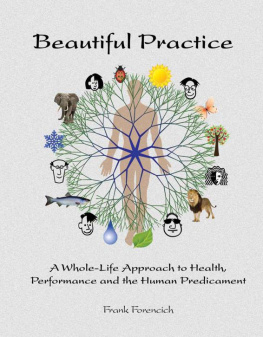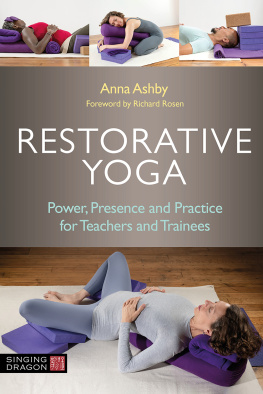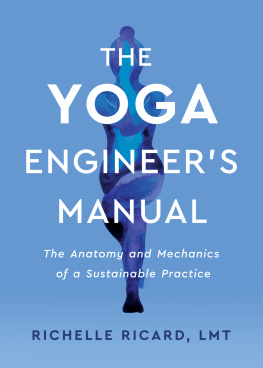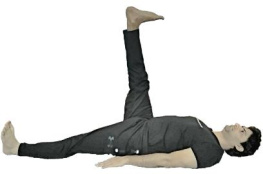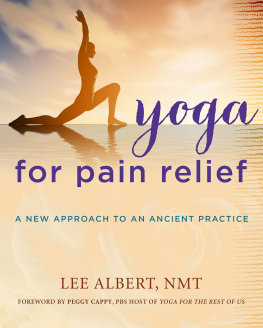ISBN: 978-0-9723358-2-9
2014 Exuberant Animal Beautiful Practice
All rights reserved. No part of this document may be reproduced or transmitted in any form or by any meansexcept by a reviewer who may quote brief passages in a reviewwithout permission in writing from the publisher.
For information, contact Exuberant Animal:
www.exuberantanimal.com
Keep the faculty of effort alive in you by a little gratuitous exercise every day. That is, be systematically ascetic or heroic in little unnecessary points, do every day or two something for no other reason than that you would rather not do it, so that when the hour of dire need draws nigh, it may find you not unnerved and untrained to stand the test.
William James
Beautiful seeds will bear beautiful fruit.
Jack Kornfield
Predicament, promise, potential
We are continually faced with a series of great opportunities brilliantly disguised as insoluble problems.
John Gardener
S omething is seriously amiss.
Things just arent right.
Life feels stressful, confusing and threatening.
Distorted, unhealthy, unsustainable.
Even a superficial reflection tells us that things in this modern world simply arent working very well. We feel it in our guts, in our minds and in our spirits. We worry about the future, we worry about our health, we worry about terrorism, economic collapse and the fate of the biosphere. These anxieties keep us up at night and haunt us during the day.
We are right to feel this way. Our dilemma, after all, is unprecedented and intimidating. On one hand, we seem to know a great deal about how the world works. Were awash in knowledge and educational opportunity, surrounded by schools and teachers of every description. Over the course of the last several hundred years, weve made discoveries that would stagger the imagination of ancient scholars.
At the same time, its not at all clear that this educational affluence is doing us much good. Were surrounded by possibility and opportunity, but many of us are mired in ill-health, anxiety, stress, anger and depression. We know more about the world than ever before and yet we seem exceedingly uncomfortable with actually living in it.
Of course, the story of suffering is as old as humanity itself. Ever since our earliest ancestors developed big brains and big questions to go along with them, weve been struck by the perplexing and sometimes terrifying nature of life. Weve struggled to live this mysterious reality, desperately seeking security and permanence in a highly dynamic and impermanent world.
This was the historic insight of Siddhartha Gautama, later called the Buddha, (the awakened one) some 2,500 years ago. All is temporary, he taught. Our bodies come and go, our health waxes and wanes, our friends and families pass into and out of our lives. Pain, injury and loss are commonplace and even our most cherished pleasures are transient. And thus the first Noble Truth of Buddhism: All life is suffering. Or, to put it a slightly more modern way, All life is stressful.
But wise as he was, even the Buddha would have been shocked by the magnitude, breadth and urgency of suffering in the modern world. Not only do we experience the primal challenges of a fragile, temporary personal existence, we also face a host of new maladies that challenge us in entirely novel ways.
In the first place, we are living in what may well be described as an alien environment. In recent years, biological scientists have described the profound disconnect between the deep history of the human body and the reality of life in the modern world. This is often described as the mismatch hypothesis. All animals, including humans, are best suited to a certain range of environmental conditions. When theres a match between an animals genetic heritage and its environment, that animal is likely to remain healthy. But if the organism is forced to live outside of its normal range, in an alien environment, it will suffer stress and ill-health.
In our case, the mismatch is profound. Our bodies evolved in the wild, natural, forests and grasslands of Africa; this was our ancestral environment. But today, we live in a radically unfamiliar world that is often hostile to our health and happiness: Vehicles and dwellings forces us into sedentary occupations and prolonged sitting. Ancient cycles of light and darkness are now disrupted by artificial light and jet travel. Our food supply now consists in large measure of edible food-like substances. Even worse, we now live in an alien cognitive environment, one that forces us to exercise our brains executive powers more or less continuously throughout each day; modern life has become a relentless grind of planning, sorting, listing, researching and prioritizing.
Clearly, this mismatch is having a profound effect on the state of our bodies, minds and spirits. Over the course of the last several decades, humanity has experienced a rapid and ominous increase in so-called non-communicable diseases. Also referred to as lifestyle diseases, these are medical conditions such as obesity, diabetes, heart disease, cancer, depression and respiratory disease. The World Health Organization reports NCDs to be the leading cause of mortality in the world, representing over 60% of all deaths. Currently, NCDs kills 36 million people a year, a number that is expected to rise by 1724% within the next decade. The NCD Alliance, an advocacy and outreach organization, describes NCDs as a global emergency. In many corners of the modern world, disease is rapidly becoming the new normal.
Primal relationships
Even more distressing, we have nearly lost contact our most vital life-support systems; our primal relationships have been stretched almost to the breaking point. The body, once a source of incredible power and resiliency, has diminished in significance to a mere shadow. The body has now become, to use Sir Ken Robinsons famous description, a mere locomotor device for the head. Our disembodied, brain on a stick style of working and living leaves us with only a tenuous connection with the power and intelligence of our native physicality.
Habitat, our primary life-support system, has been largely exiled from human experience. No longer do we live on or even near the land that supports us. We are largely divorced from the earth, living in isolation from the natural processes that sustain us. Environmental destruction now looms as a constant threat. Even as we try to keep our minds focused on our work, our families and the brighter side of modern living, the threat of planetary-scale challenges creeps into our bodies and minds. We try to keep our stress and anxiety at bay, but there is really no place to hide. Our bodies know full well that something is desperately wrong. We live, as Aldo Leopold famously put it in A Sand County Almanac, in a world of wounds.
Finally, we have seriously distorted our tribal experience, both shrinking and expanding our circles of connection with one another. Our brains are wired for a moderate number of human relationships, but today our social circles have shrunk to almost nothing and simultaneously expanded to include vast numbers of faceless individuals. To make matter worse, human communication is being degraded at a ferocious pace by electronic devices. The human brain and body evolved for social contact and communication in real time. In a normal, face-to-face human relationship, the entire mind-body participates in communication; posture, gesture and tone are vital for complete understanding. The actual words represent only a fraction of the total meaning. By disembodying the communication process, we make promote anxiety, confusion and alienation.

